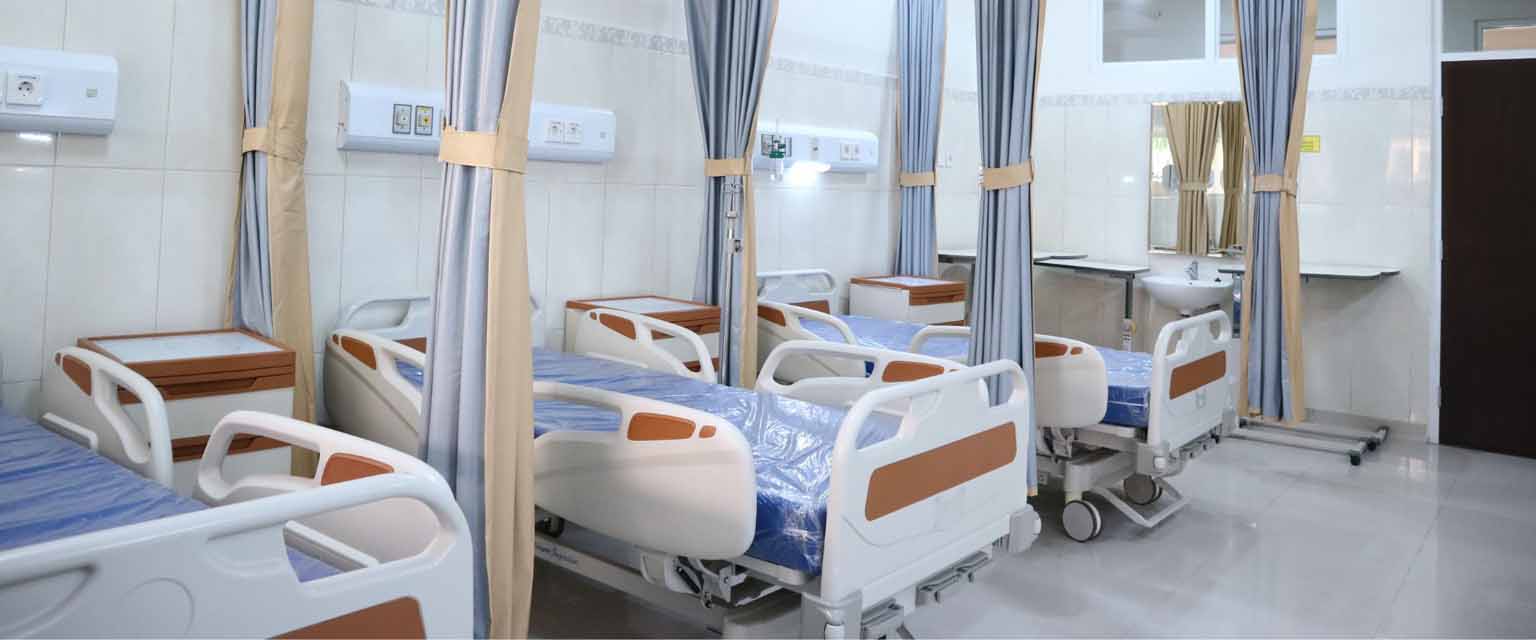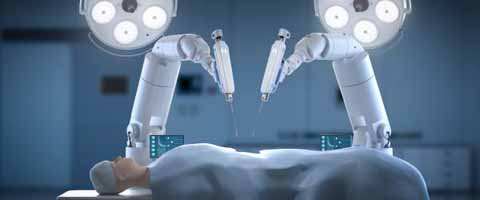AI Automation of Hospitals

1. What is AI Automation
AI automation is about the use of Artificial Intelligence and related software systems to automating the repeating performance of tasks that usually require human intelligence. In a hospital, these tasks may range from interpreting reports to handling patient enquiries.
AI automation of hospitals is not a pipe dream. It is a reality that is already here and revolutionizing healthcare today in 2024. From streamlining administrative tasks like patient document maintenance, to expert systems which support clinical diagnosis, AI automation is driving both sides of the business - enhancing hospital efficiency while improving patient experience at the same time.
2. AI Automation of Hospitals: Current Applications
When we say AI in hospital, most people imagine robots performing a surgery. Atleast today in 2024, AI Automation is not about that!

The Role of AI in Diagnostics
AI has significantly enhanced diagnostics. Medical imaging, for instance, is an area where AI is extremely powerful, since it can understand patterns which even expert doctors may not be able to notice. Today machine learning algorithms can analyze CT scans, MRIs, and X-rays and are able to predice anomalies and developing diseases that the human eye cannot even see. Currently help is being taken for predicting the progression of diseases like Alzheimers and various types of cancer, enabling early interventions.
AI in Administrative Tasks
On the administrative side, AI is cutting through the red tape. AI-powered chatbots, for example, handle patient inquiries, schedule appointments, and can even provide health advice based out of provided documents. Check out our AI Frontdesk software, which can be customized as per your hospital's exact business processes and data requirements. Using such an AI Automation Tool for fringe activities like appointment scheduling etc. frees up valuable staff time but also provides round-the-clock service to patients. Moreover, many AI tools and customizations are available in the market that can assist in claims management and streamlining patient billing as well.
AI in Remote Patient Monitoring
AI also helps with automated patient monitoring. Whether the patient is remote or in house, wearable devices, smartphone apps, and smart home systems collect real-time health data and pass it on to the AI system, which can then analyze it to detect health changes in patients, alerting healthcare providers when intervention is needed. This not only helps manage chronic conditions but also supports aging in place, like forgetting to take medicines on time etc.
AI in Drug Discovery
Lastly, AI is revolutionizing drug discovery. Even though it is technically part of the pharmaceutical industry and not of a hospital, the effects of this new research are being felt even in hospitals with newer, better and cheaper drugs. This not only accelerates the support to the patient but also reduces costs, paving the way for affordable care.

3. AI Automation for Hospitals Efficiency
As of 2024, the biggest changes and the best implementation for AI is in increasing hospital efficiencies by automating fringe and time-consuming business activities.
AI Scheduling
Scheduling is a critical part of hospital management - today machine learning algorithms can analyze past patterns and predict patient flow. This can be used to optimize staff schedules accordingly, leading to improved patient care,
So AI automation of hospitals is not just about improving existing processes —it is about redefining patient care. The future of AI automation of hospitals looks very promising - AI can transform healthcare. The implementation journey may be challenging, but the ROI — improved patient outcomes, increased efficiency, and reduced healthcare costs — are all well worth the effort. Contact us today at AAI to learn more about how we can help your hospital with our AI Automation implementation services.
FAQs on AI Automation of Hospitals:
#1: How does AI automation benefit hospitals?
Ans. AI automation streamlines administrative tasks, enhances diagnostics, improves patient monitoring, and accelerates drug discovery, leading to increased efficiency, reduced costs, and improved patient outcomes.
#2: What types of tasks can be automated using AI in hospitals?
Ans. AI in hospitals can automate tasks such as patient inquiries, appointment scheduling, medical imaging analysis, patient monitoring, and drug discovery processes.
#3: Can AI automation replace human healthcare professionals?
Ans. No, AI automation complements human healthcare professionals by automating repetitive tasks, allowing them to focus on more complex and critical aspects of patient care.
#4: How can hospitals implement AI automation effectively?
Ans. Hospitals can implement AI automation effectively by identifying areas for automation, investing in AI technologies, training staff, and continuously optimizing processes based on feedback and data analysis.
#5: How does AI automation improve patient care?
Ans. AI automation improves patient care by reducing wait times, enhancing diagnostic accuracy, enabling personalized treatment plans, facilitating remote monitoring, and accelerating access to innovative therapies.
#6: What is the future outlook for AI automation of hospitals?
Ans. The future of AI automation of hospitals is promising, with continued advancements in technology, increased adoption of AI-driven solutions, and ongoing collaboration between healthcare professionals and AI developers to address evolving healthcare challenges.



